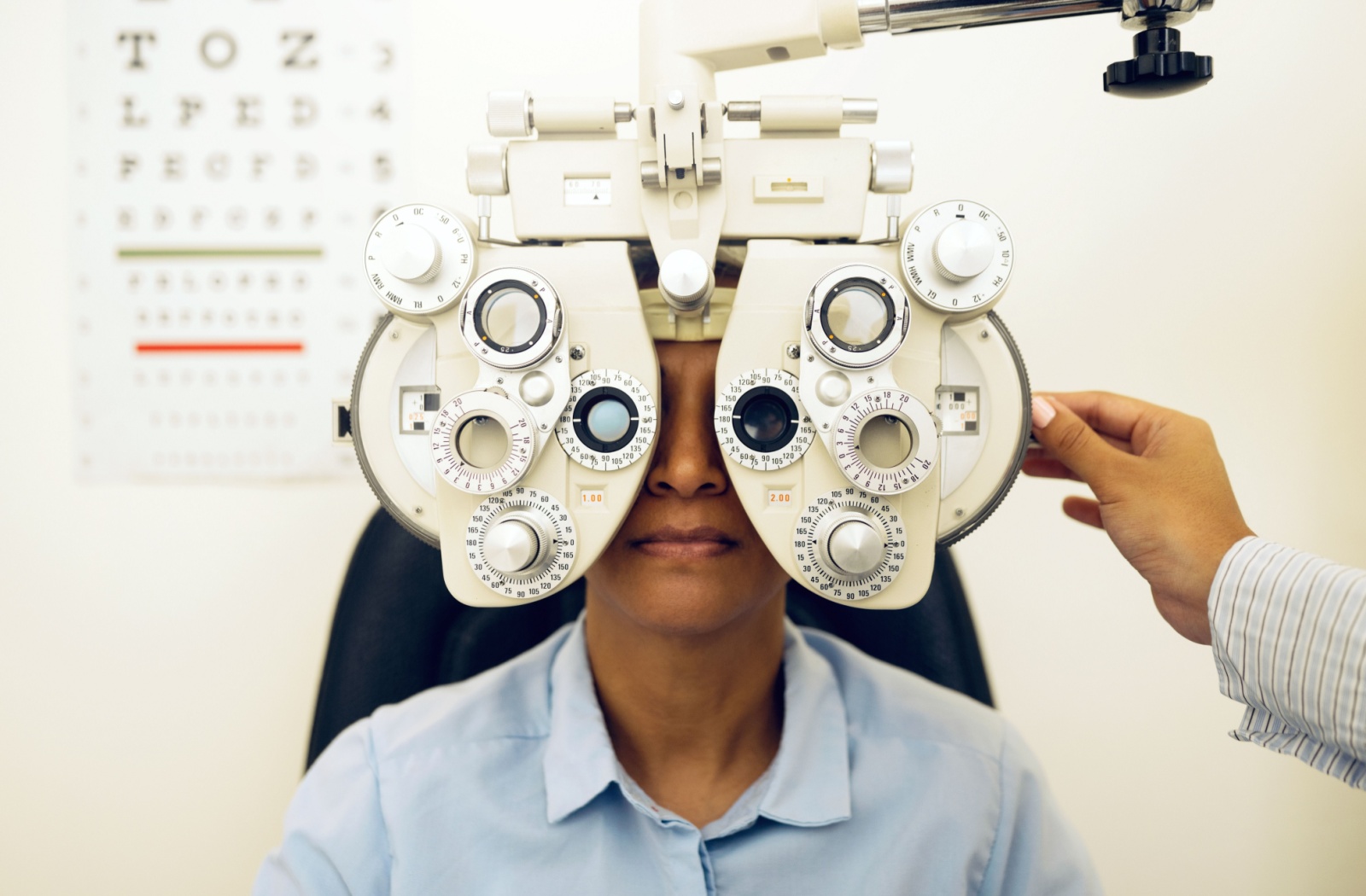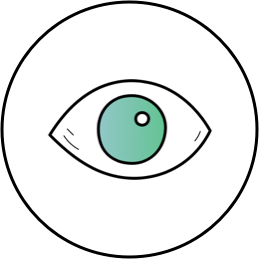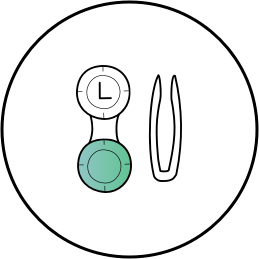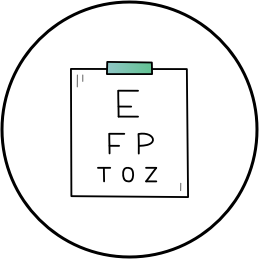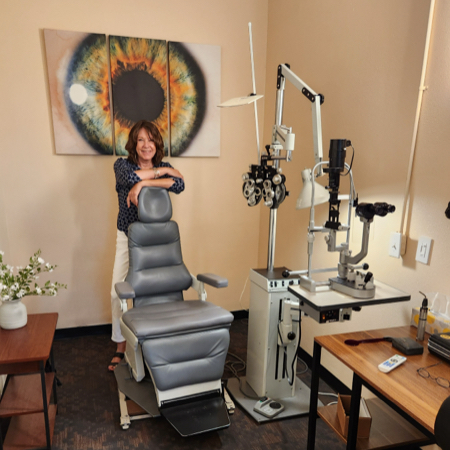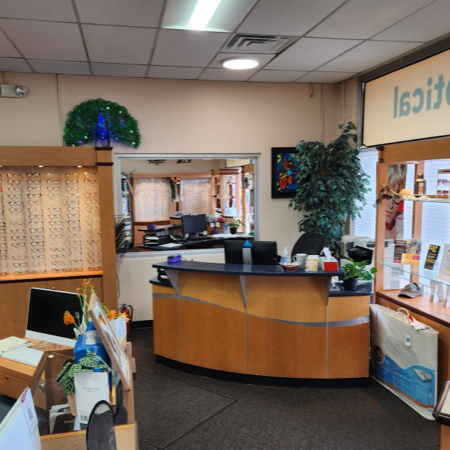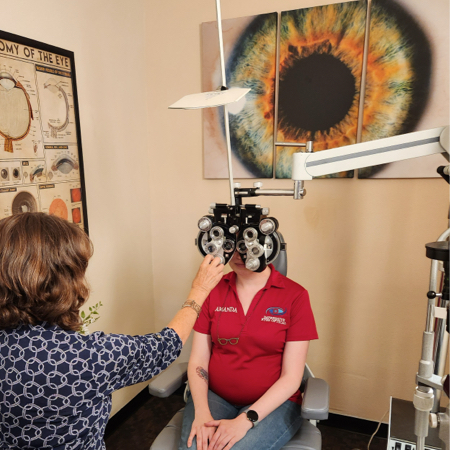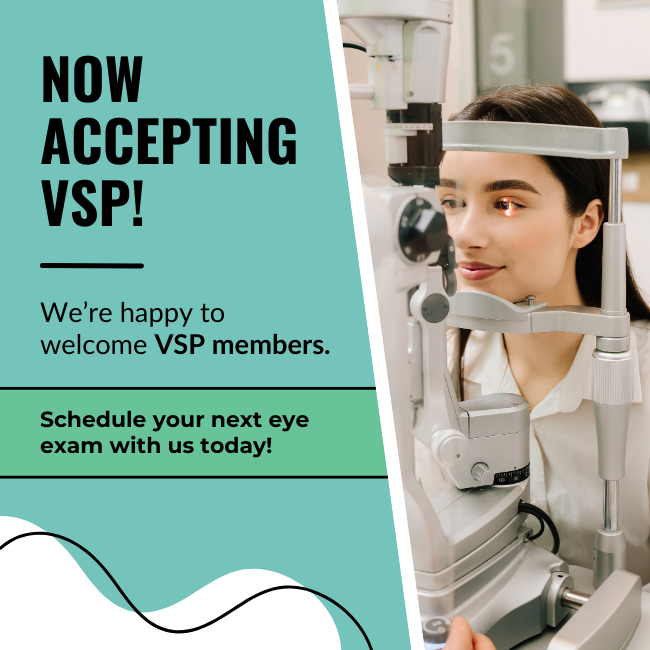Eye health plays a critical role in your overall well-being. Even when your vision seems fine, an eye exam can uncover hidden issues, including conditions like diabetes, cataracts, or retinal diseases, which may not show symptoms in their early stages.
Regular eye exams are a key part of maintaining clear and healthy vision, but how often do you need to see your optometrist to stay on top of your eye health? The recommended guidelines for eye exams are:
- Children should have an eye exam once a year, especially through their school years.
- Adults should have an eye exam once every two years.
- Seniors should have an annual eye exam to monitor their visual health.
- Adults with vision problems and eye conditions should get eye exams as recommended by their optometrist.
How Often Should I Be Getting Eye Exams?
The recommended frequency of eye exams depends on several factors, including age, family history, and existing health conditions. Here’s a helpful breakdown:
Children (0-19 years)
Children’s eyes develop rapidly, making early detection of issues crucial.
- Ages 3-6: Schedule an exam between 3 and 5 years old.
- Ages 6-17: Annual exams are recommended to monitor vision changes as they grow and manage any potential struggles they may have in school due to vision issues.
Adults (20-64 years)
Vision tends to remain stable in young adulthood, but routine exams ensure ongoing health and address any lifestyle-related changes.
- Get a comprehensive eye exam every 2 years.
- Adults with risk factors like chronic conditions or a family history of eye diseases require more frequent monitoring and should have eye exams based on their optometrist’s recommendation.
Seniors (65+ years)
Vision changes are more common as we age, and the risk of developing eye diseases increases significantly.
- Schedule annual eye exams to catch conditions like macular degeneration, cataracts, and glaucoma early.
Risk Factors That May Require More Frequent Eye Exams
Your optometrist might recommend more frequent exams if you have:
- A family history of eye diseases
- Chronic health issues, such as diabetes or high blood pressure, which can impact vision
- Frequent headaches or noticeable changes in vision clarity
- A job that involves prolonged exposure to screens or irritants
Always follow your optometrist’s personalized recommendations based on your unique health profile.
What to Expect During an Eye Exam
Eye exams are designed to give a comprehensive evaluation of your vision and overall eye health. Here’s what typically happens during your appointment:
- Medical history check: Your optometrist will ask about your general health, glasses or contact lens history, and any vision challenges.
- Visual acuity test: Using an eye chart, this test measures how well you can see at various distances.
- Refraction test: This determines your prescription for glasses or contact lenses.
- Eye muscle test: Evaluates how well the muscles controlling your eye movement work together.
- Pupil response exam: Assesses how well your pupils react to light or objects.
- Comprehensive eye health check: Using technology like slit-lamp exams, your optometrist can examine your cornea, retina, and optic nerve in detail.
- Pressure measurement: Eye pressure is tested to detect early signs of glaucoma.
These tests are personalized based on your needs, with a focus on leaving you feeling confident about your eye health.
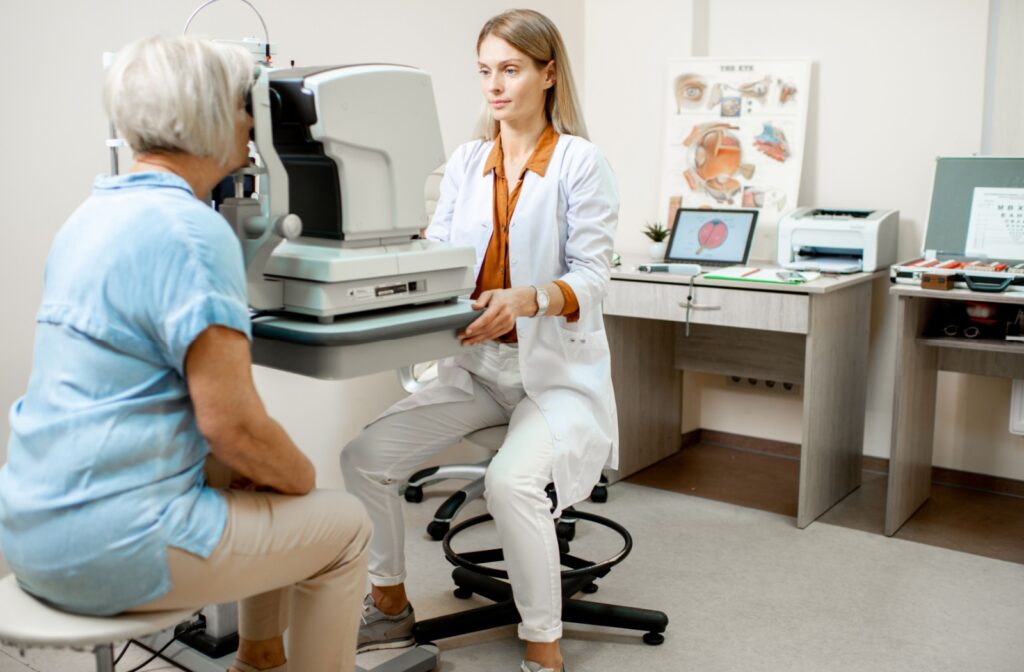
The Benefits of Routine Eye Exams
Regular checkups do so much more than confirm whether it’s time to update your prescription. Consider these key benefits:
- Early disease detection: Conditions like glaucoma or diabetic retinopathy often show little or no symptoms early on. Comprehensive exams ensure these are caught and managed promptly.
- Vision clarity: Whether it’s adjusting your prescription or addressing refractive errors, exams ensure you see the world with crystal-clear clarity.
- Overall health monitoring: Many health conditions, including high blood pressure and diabetes, can be detected first through an eye exam.
Addressing Challenges to Regular Eye Care
Despite its importance, many people put off eye exams. The most common reasons include busy schedules, financial constraints, and a lack of noticeable vision problems. Here’s how you can overcome these challenges:
- Make scheduling easier: Book your appointment in advance online and set reminders on your calendar.
- Explore cost options: Take advantage of insurance coverage or community programs offering free or affordable eye care.
- Shift your mindset: Remember, regular exams are preventive, not just an emergency solution. Protecting your vision isn’t just about now; it’s about your future.
Take Care of Your Vision Today
At Impressive Eyes Optical, we’re here to help you have a lifetime of better vision. Whether it’s routine checkups, expert advice, or the latest eye care technologies, our goal is to give you everything you need for exceptional eye health. Book your next eye exam with us today and see the difference expert, personalized care can make.


